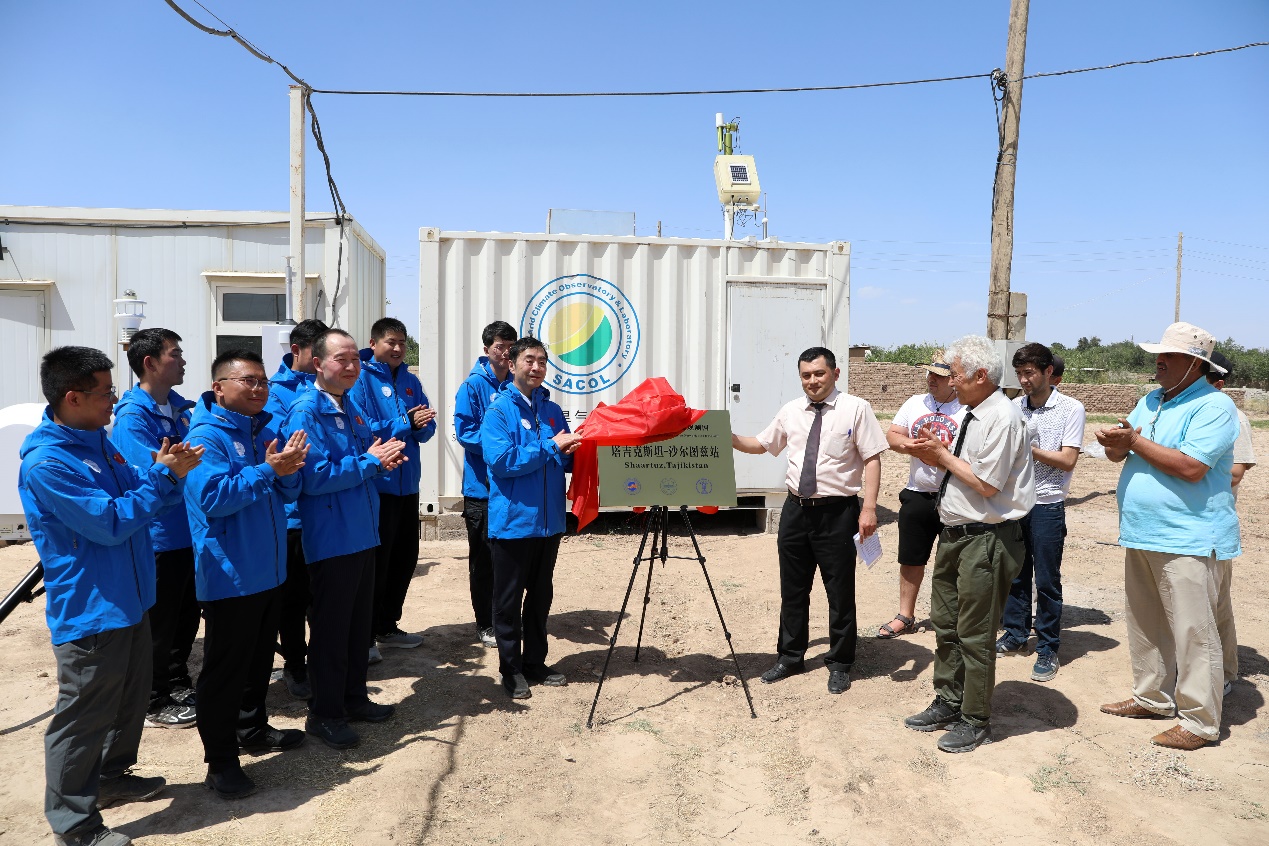BRI Observatory Network Turns New Page

A super observatory along the "Global Climate and Environmental Observation Network over Dust Belt," completed and put into operation?in?Shaartuz, the Republic of Tajikistan.?(PHOTO:?Lanzhou University)
By?Staff?Reporters
Shaartuz, in the Republic of Tajikistan, has witnessed a super observatory along the "Global Climate and Environmental Observation Network over Dust Belt," completed and put into operation this June. It marks the substantive implementation of China's research on the forecast and early warning of climate change and meteorological disasters in Central Asia and the world.
The observatory will provide comprehensive data on dust, pollutants and meteorological elements in key areas of Central Asia, and directly serve the Central Asian countries in disaster early warning, climate change and its impact assessment and adaptation countermeasures, benefiting the people of China and Tajikistan.
The observatory is the first one outside China under the Global Climate and Environmental Observation Network over Dust Belt, which was initiated by Lanzhou University as a project under the BRI framework and developed by a research team led by Huang Jianping, academician of the Chinese Academy of Sciences, in collaboration with authorities and institutes from home and abroad.
Starting from Lanzhou, the observation network, extends west to Central Asia, the Middle East and Africa, and finally reaches the Sahara Desert, with a total of more than 20 stations, spanning a linear distance of more than 8,000 km, and can obtain climate data in the arid and semi-arid regions around the world.
The observation network is not only aimed at developing a high-precision and high-resolution meteorological disaster prediction and early warning system covering countries and regions along the Belt and Road, monitoring the long-distance transmission of sand and dust and the diffusion of air pollutants, but will also serve the development of railways and logistics transportation. In addition, it will play an active role in the fields of global climate change research.







